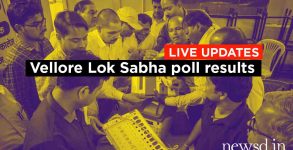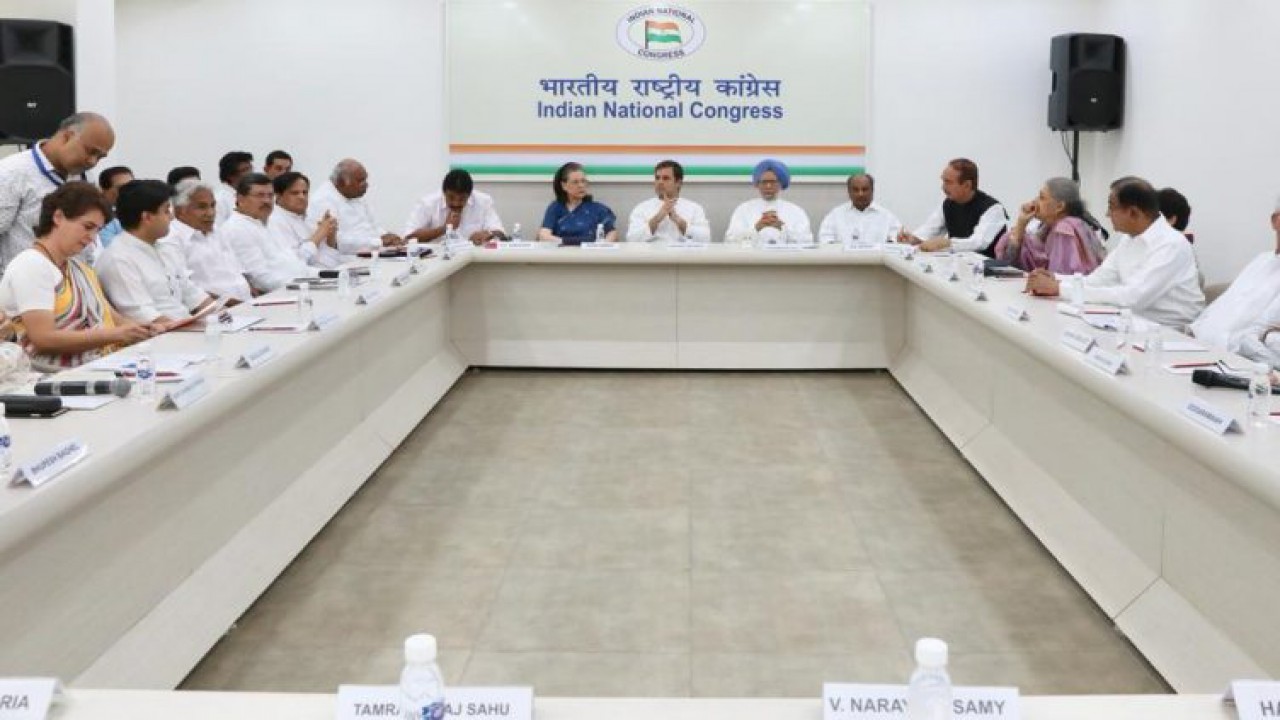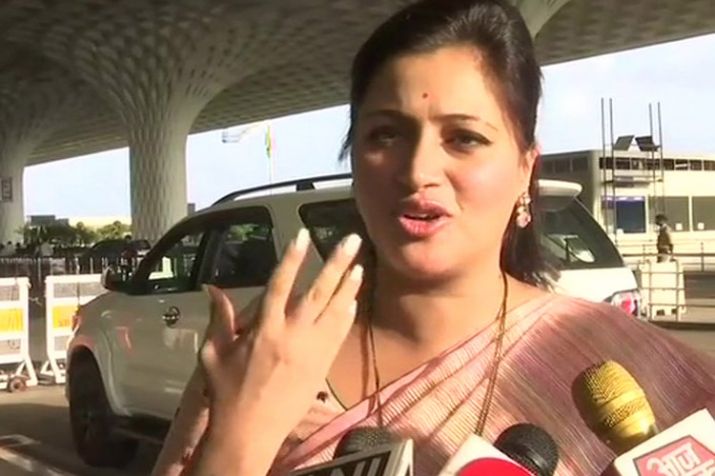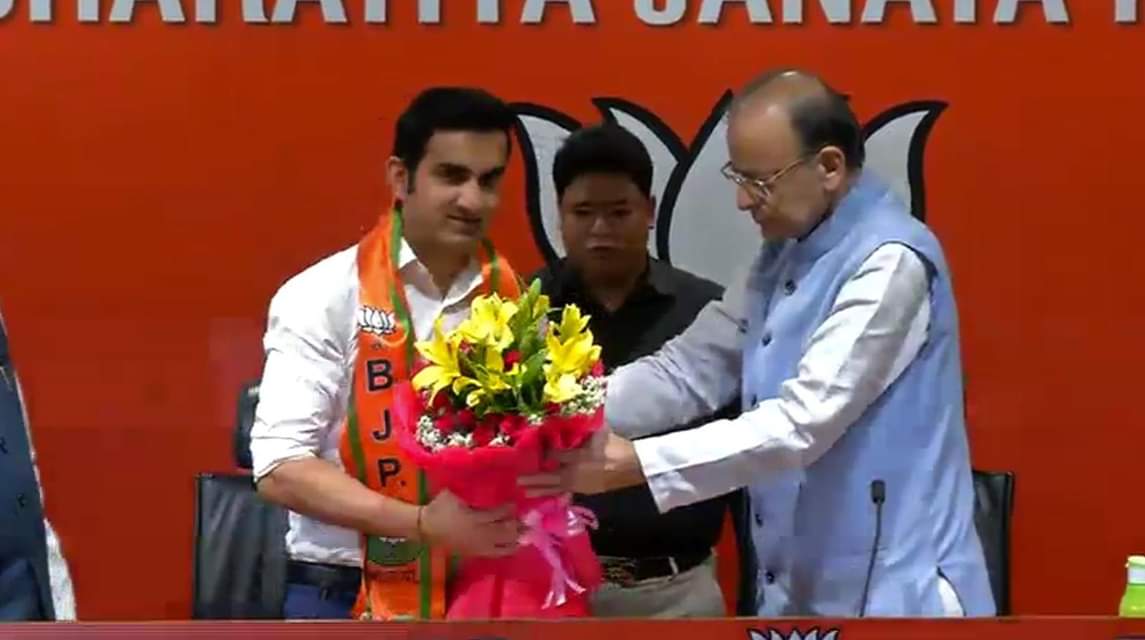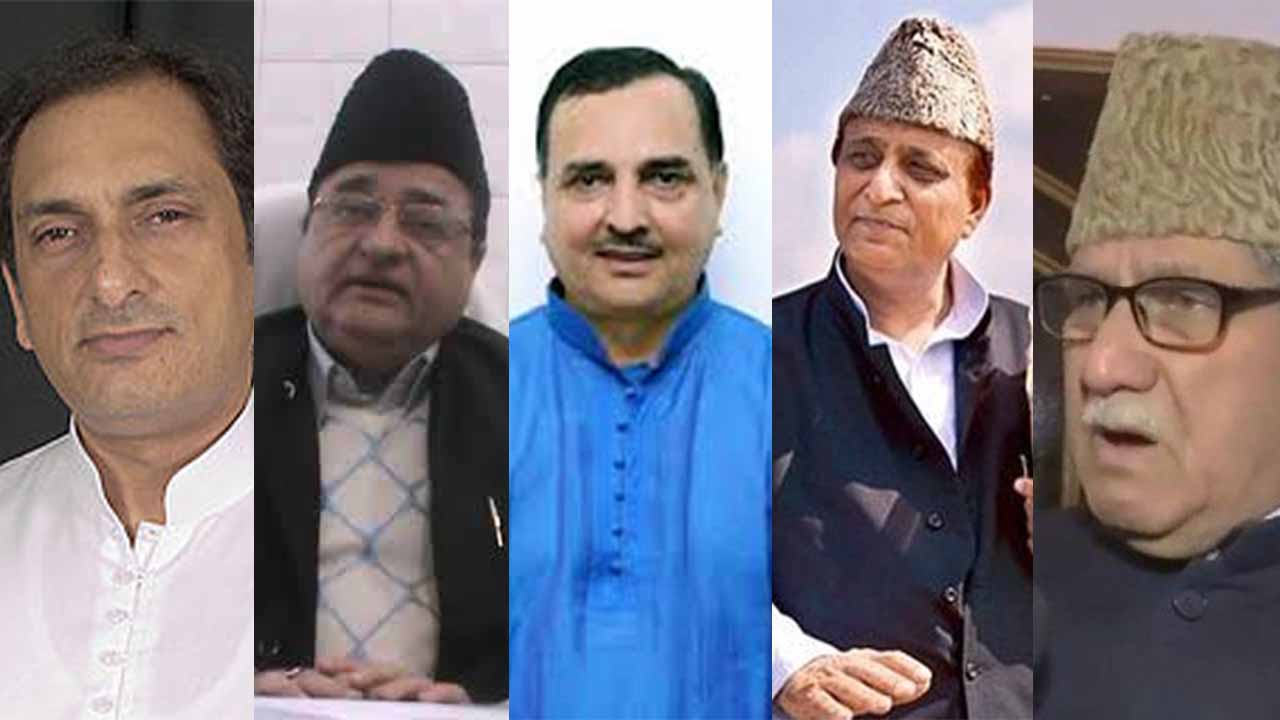Kaushambi is one of the fourteen constituencies in Uttar Pradesh to go for polls in the fifth phase of the Lok Sabha elections 2019 on Monday, May 6. In the 2019 General elections, Bharatiya Janata Party has fielded incumbent Member of Parliament Vinod Sonkar, Shailendra Kumar of Samajwadi Party is the Mahagathandhan’s candidate, while Congress has entrusted Girish Chandra Pasi with the ticket.
Kaushambi Lok Sabha constituency comprises of following Vidhan Sabha (legislative assembly) segments: Babaganj, Kunda, Sirathu, Manjhanpur, Chail.
Sitting MP, party: Vinod Sonkar, BJP
Winning margin in 2014: 42,900
Runner up name, party: Shailendra Kumar (SP)
Number of voters in 2014: 910,038
Percentage of votes polled in 2014: 52.33%
Number of women voters in 2014: 783,670
Number of polling booths in 2014: 1,709
Key candidates for 2019 Lok Sabha elections
Vinod Sonkar (BJP)
Indrajeet Saroj (SP)
Girish Chandra Pasi (Congress)
Important dates to remember for Phase V
| Notification to be issued on | April 10 |
| Last date for filing nomination | April 18 |
| Scrutiny of nomination | April 20 |
| Last date for withdrawal of nomination | April 22 |
| Date of elections for Phase V | May 6 |
| Date of Result | May 23 |
Uttar Pradesh has a total of 80 seats and is the state which sends most number of MPs to the Lok Sabha.
In the 2014 Lok Sabha elections, the Bharatiya Janata Party had sealed a remarkable 71 seats out of 80 with then ruling party in the state Samajwadi Party getting just 5 seats. After the coming together of Samajwadi Party and Bahujan Samaj Party, a tough contest expected in India’s most populous state.
The turnout in the last general election in 2014 was more than 66%, up from 45% in 1951 when the first election was held.
In a first, candidates with criminal antecedents will have to publish information in this regard in newspapers and through TV channels on three occasions during the campaign period. The Electronic Voting Machines (EVM) and postal ballot papers would for the first time carry the photograph of all the candidates to help voters identify the political leaders in the fray.


